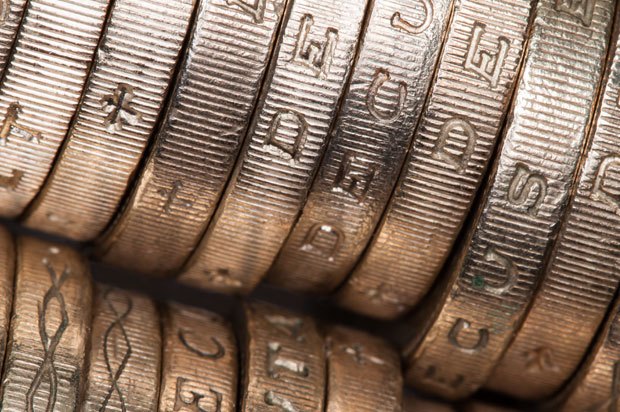Pension planning
Retirement may seem a long way off, but the contributions you make to your pension pot in your early years have the most impact in later life.

Pensions make your money grow
What is a pension?
Pensions are a way of saving for retirement which means you lock your money away until you’re at least 55. Everyone who has paid National Insurance can get a state pension, but it’s not enough to live off, so it makes sense to start your own pension as early as you can. And pension planning doesn’t have to be difficult, if you know what you’re doing!
But I’m so young…
The earlier you start a pension scheme, the more interest you’ll earn as your pension grows – known as compound growth. So for a secure retirement, the earlier you think about a pension, the better.
Sarah Hindley, 23, says: “I’ve just started my first job and I’ve put pension planning on the to-do list – this way I won’t leave it until I’m 30 and it’ll be sorted.”
Why pensions? Why not some other type of investment?
Free money – Some jobs offer pension schemes where your employer adds between 6-10% on top of what you put in. This is probably the only time in your life someone other than your nan is going to give you free cash, so you might as well take it!
Pensions are tax-friendly – The government wants you to provide for your own retirement, so depending on your tax bracket, instead of taxing you, for every £80 you put in a pension the Government actually adds at least £20. By law all employers must now put you in a pension scheme if you are 22 or older and earn over £10,000.
Pensions are locked away until you need them – Putting money in a pension stops you getting your hands on the money until you’re at least 55, so you don’t fritter it away on holidays. That said, if you desperately need money, having it stuck in a pension can prove frustrating.
How much should you save?
As a guide, a minimum of 10% of your salary should be saved each month over your working career. If you are putting less than this away, you will likely need to top up later down the line. If you have debt like credit card bills, focus on paying these off first. But do aim to save into a pension as well.
What’s a Stakeholder pension?
Stakeholder pensions are low-cost pensions often used by self-employed people. However, they are not necessarily the best value for money – you may find cheaper pension products, or ones that offer more investment choice.
What’s an SIPP?
Self-invested personal pensions (SIPPs) are basically do-it-yourself pensions where YOU are responsible for managing and investing your money. They can be a cheap option, but will require you to monitor your investments going up and down and choose when to buy and sell. If you think you’re more competent than the average banker then an SIPP could be a good option.
Pensions are good – but don’t rely on them
When it comes to managing your money, it’s often said that you should spread the risk around. This means not relying on one source of income in your retirement, but instead trying to build up several separate investments. For example, aiming to buy property and saving money into an ISA as well as pension planning.
Where do I get a pension?
There are lots of guides on the internet about starting a pension, or speak to your HR team if you’re employed and want to discuss your workplace scheme. For a more thorough analysis of your finances, speak to an independent financial adviser. The consultation should be free, and a good adviser will help you work out the best options for you, taking in to account your age, lifestyle and attitude to money.
Part of the process of choosing your first pension will be to decide how it is invested. Your pension provider will offer you a range of funds to choose from, and each of them will have a different investment profile, meaning they’ll invest your pension savings in a different range and mix of assets, including:
- Cash
- Bonds
- Shares
- Property
These options all offer different levels of risk and potential growth, and many providers offer the option of a default fund if you don’t/can’t choose.
As you embark on choosing your initial pension plan, a pivotal decision revolves around how your savings will be invested. Pension providers offer a variety of funds, each with a unique investment profile encompassing assets like cash, bonds, shares, and property. These assets come with distinct levels of risk and growth potential.
In the midst of this decision-making process, it is essential to be aware of potential pitfalls, including the unfortunate occurrence of mis sold pension claims. Ensuring that your chosen pension scheme aligns with your financial goals and that you are well-informed about the investment options can safeguard against any risks associated with mis-sold pension claims, providing a more secure foundation for your retirement plans.
Again, if you are unsure which fund to go for, consider speaking to a regulated financial adviser who can help you make the best choice for you.
So! Best of luck on your pension journey. Live long and prosper and all that. If you just can’t get enough pension content, you can chat about this subject on our Discussion Boards, or download our StepFinder iPhone app to find local support services quickly.
Next Steps
- Chat about this subject on our Discussion Boards.
By Holly Turner
Updated on 27-Jun-2021
No featured article












